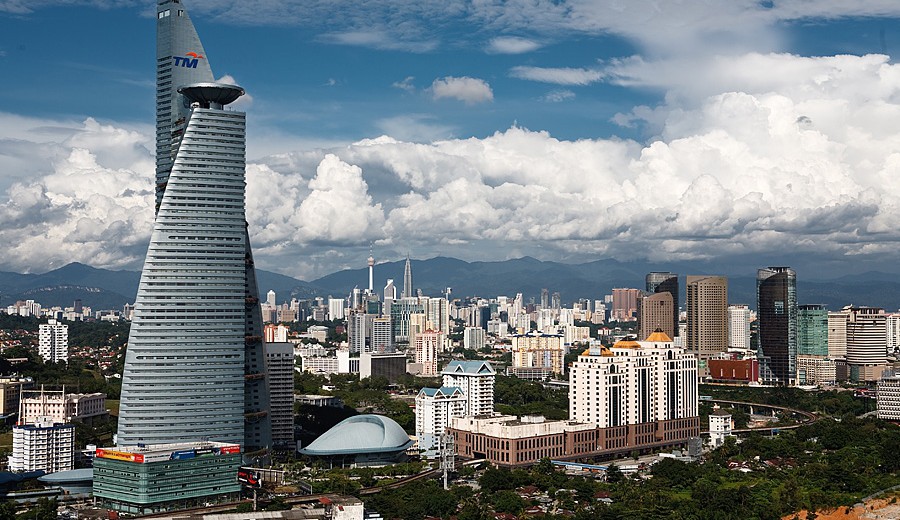Telekom Malaysia (TM) and Tenaga Nasional Bhd (TNB) announced on Monday that they have aborted a joint initiative to roll out cost-efficient high-speed broadband service to rural areas.
The two government-linked companies (GLCs) said, in separate filings with Bursa Malaysia, that they would not proceed with the proposed joint proposal to deliver the government’s Nationwide Fiberisation Plan (NFP). A memorandum of understanding (MoU) was signed on 16 January 2018 by the two parties to explore the implementation of the project.
“The discontinuation of the MoU does not preclude TNB and TM from considering other collaborations should there be future business opportunities that are beneficial to both parties,” TNB said.
“TM wishes to announce that both TM and TNB have mutually agreed to discontinue the above MoU with immediate effect,” TM said.
The collaboration was set to capitalise the combined strength of the two companies in terms of reach, infrastructure, and expertise, with the objective to further accelerate Malaysia’s fibre broadband network reach. It was also seen as a move against Broadnet Network, which had aims to become the second high-speed broadband provider in the country.
Twice the speed, half the cost
The NFP, a project announced in March 2017 by the previous government, has the primary goal to expand the country’s fixed broadband infrastructure, and to serve many rural areas that still do not have access to high-speed broadband. The plan aims to connect some six million premises, including an estimated two million premises in rural areas. The project is said to cost between MYR10bil to MYR12bil.
Based on a three-tier model, the first tier would utilise TNB’s massive fibre trunk network for wholesale backhaul services. The second tier would see wholesale service providers offering last-mile access. Meanwhile, the third-tier providers would consist of existing telecommunication companies offering retail services to consumers and businesses.
TNB has about 12,000km of fibre optic cables and its powerlines are connected to 9.2 million customers across the country. Currently, the fibre network is primarily used for TNB’s SCADA (supervisory control and data acquisition) systems. The NFP would help monetise TNB’s mostly dormant fibre infrastructure as well as catalyse the government’s drive for broadband that’s “twice the speed, half the cost.”
Broadnet, who?
In a sudden plot twist, the former government announced that the NFP would be awarded to Broadnet Networks, effectively cutting off TM. It was reported that an estimated MYR1.5 billion of taxpayers’ money would be channelled to incentivise Broadnet Networks, a little-known company backed by big names.
It was a questionable and wholly controversial move seeing that TNB and TM would be able to fund the project without government projects or incentives. Moreover, both companies have existing infrastructure, economies of scale as well as expertise and experience.
Some parties saw Broadnet’s appointment as a threat to TM.
TM is the dominant fixed broadband provider in the country, serving nearly two million broadband homes, more than eight million individuals and 10 million devices nationwide.
It recently announced that it was revising its Headline Key Performance Indicators (KPIs) and implementing its transformative Performance Improvement Programme 2018 (PIP 2018) to stay competitive in evolving market dynamics and a challenging operational environment.
The company revealed new ground-breaking unifi plans including an entry-level 30Mbps plan for MYR79 per month; up to 10x speed upgrades with up to 800Mbps speeds for existing customers; speed upgrades for Streamyx customers; and the return of its unlimited mobile@unifi plan.
Source: The Star, The Star 2, The Edge Markets, The Edge Markets 2
Header image: Aspire









